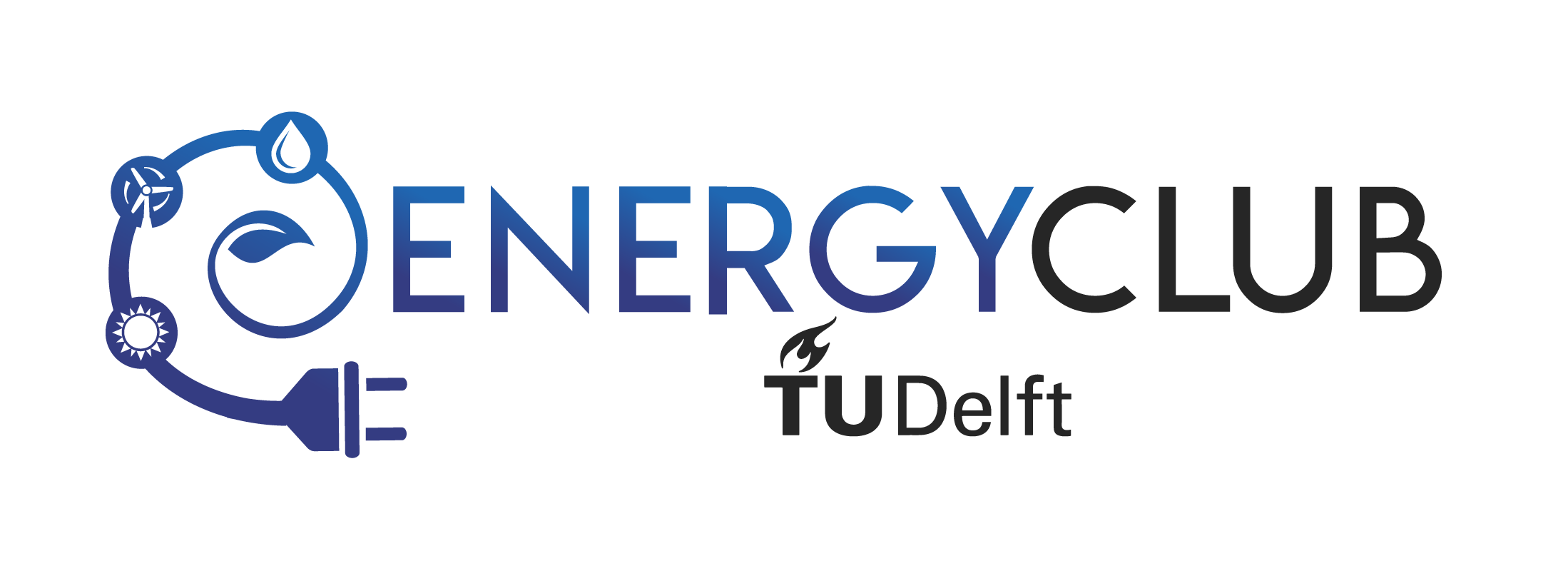Internship/thesis project: Revival of artificial upwelling for biorefinery on the island of St Croix
In the tropical ocean, the cold deep water is clean and rich in nutrients, such as phosphate and nitrate. These nutrients can be applied to efficiently cultivate micro- and macroalgae (seaweed), which in turn can be converted into valuable products such as biofuel, biofertilizer, special chemicals, and critical minerals. The islands in the tropics with their above-average sunshine and stable temperatures year-round have the perfect conditions for algae to grow.
Already back in the 70’s Dr. Oswald Roels designed and built a deep seawater mariculture pilot system along the North shore of St. Croix, see figure 1. He demonstrated the technical feasibility during nine-months of operation (Sept 1976 to July 1977) in which he produced algal protein to feed the fish in ponds. The deep seawater (250l/min) was brought to shore with three polyethylene pipelines (deployed in 1972), each 1830m long and 7.5cm in diameter, which reached a depth of 870m, approximately 1.6km offshore. The pipelines are still in place, but will require a repair of the shallow water section.
Project objective
This project aims to revive the deep seawater site developed by Dr. Oswarld Roels by repairing the seawater infrastructure and establishing a modern algae production and biorefinery plant. The project can take advantage of many years of R&D and existing facilities at both Wageningen University with an AlgaeParc for algae production and TU Delft with thermochemical technology to convert this wet biomass into bioenergy.
Project activities
Suggested activities as part of this project are:
Analysis of current state of the site and seawater pipelines
Design and budget for preparing the site and repairing the pipelines
Design and budget for a modern algae production and biorefinery plant on site
Perform site surveys (e.g. sampling of the seawater, temperature measurements)
Stakeholder analysis, education and training of local organizations and students
Practical relevance
This project will contribute to making St Croix more self-sufficient by creating an alternative source of lipid, biofuel and biofertilizer production as well as other raw chemicals/minerals, e.g. helping to provide the means for renewable, carbon neutral transport. Also, it could help solve a major threat to the island’s ocean ecosystem coming from invasive marine sargassum, being a source of wet biomass for the proposed biorefinery.
Industry collaboration
This project is part of Seacoystems LLC’s activities to develop deep ocean water solutions in the tropics, starting in Puerto Rico and the US Virgin Islands. You will become a member of a small, multi-disciplinary team of experts. Seacosystems is headquartered in San Juan, Puerto Rico. For more information about Seacosystems, please visit: https://seacosystems.com/.
